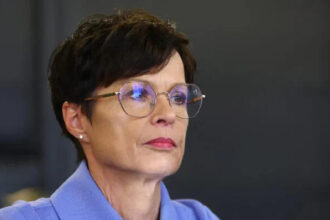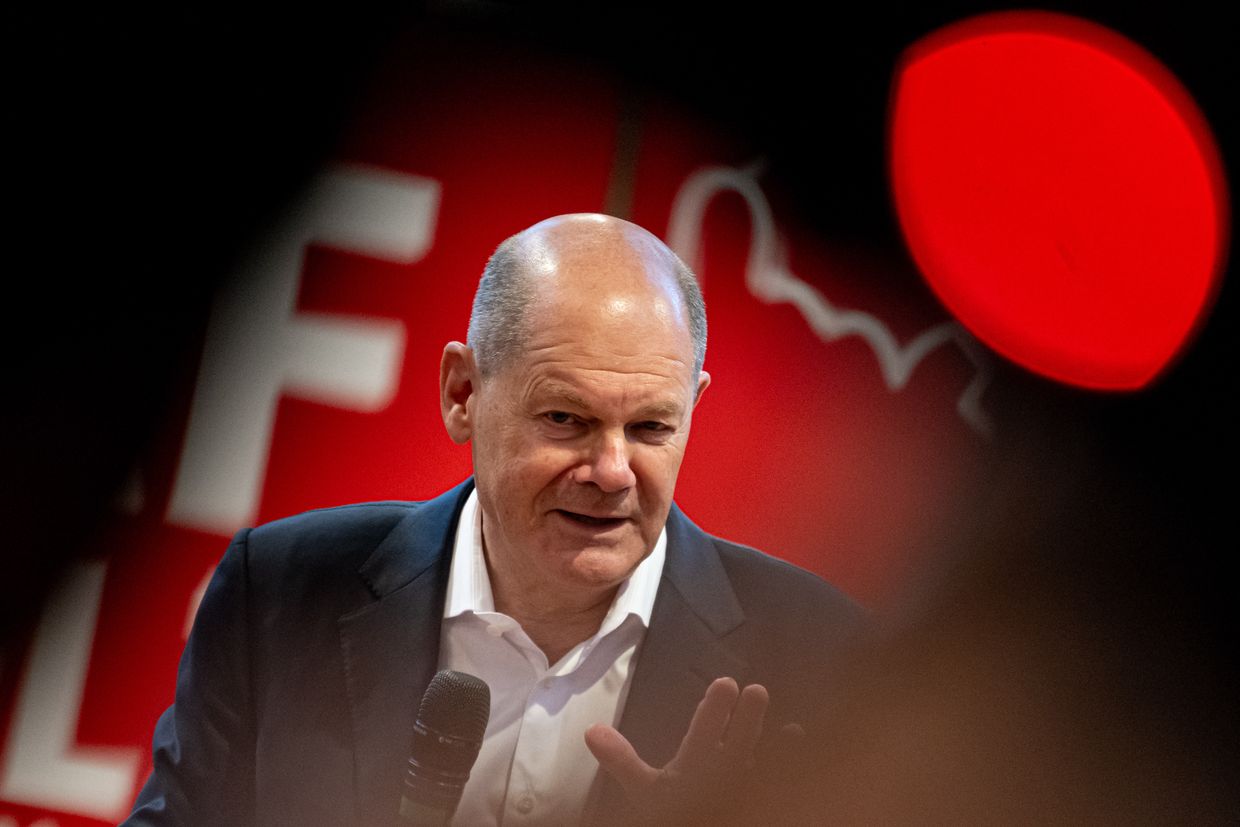Friedrich Merz, the leader of Germany’s CDU/CSU opposition party, has been vocal about his support for Ukraine and his criticism of Chancellor Olaf Scholz’s cautious approach. Merz believes that Germany should provide Ukraine with Taurus missiles, which can strike targets at a distance of 500 kilometers, to help the country defend itself against Russian aggression.
Merz has also proposed giving Russian President Vladimir Putin an ultimatum – if he does not stop his war within 24 hours, Kyiv’s partners would lift restrictions on long-range strikes. If even that step is not sufficient, Germany would deliver Taurus missiles a week later.
In contrast, Scholz has been hesitant to provide Ukraine with the Taurus missiles, fearing it could draw Berlin into the war. Merz’s proposal reflects his more decisive approach to supporting Ukraine, which he believes is essential for European leadership and stability.
The question remains whether Merz will be able to deliver on his promises as chancellor. He faces significant challenges, including an economic downturn, budget constraints, and growing support for Ukraine-skeptic parties like the AfD or BSW.
While Merz has promised to uphold the debt brake, funding a large defense budget hike without increasing debt may prove difficult. The rising support for BSW and the AfD also signals a growing Ukraine fatigue in Germany, with some hesitant voices growing louder within the CDU itself.
A recent poll showed that popular support for German military aid for Ukraine has dropped from 66% to 57% compared to last year, while 43% of respondents said that Kyiv should cede territory to achieve peace.
The question of a post-election coalition remains open. Some prominent CDU/CSU leaders have rejected an alliance with the decisively pro-Ukraine Greens, while the FDP may struggle to even cross the 5% threshold to enter parliament.
Paradoxically, the SPD now appears to be Merz’s most likely coalition partner, “which puts additional constraints on any significant moves away from the status quo,” Eberle told the Kyiv Independent.
The expert also raised doubts about how feasible Merz’s aim of an independent European leadership is: “The position of the Trump administration will have a way larger impact on Germany’s policies than whether the next German chancellor will be Friedrich Merz, Olaf Scholz, or any other of the probable candidates.”
While it may be more decisive in some concrete issues like Taurus missiles, Merz’s government will likely “stick with Germany’s current policies (of) steady support of Ukraine with both military and financial assistance, but probably also the reluctance to move in much quicker or decisive manner,” Eberle concluded.




